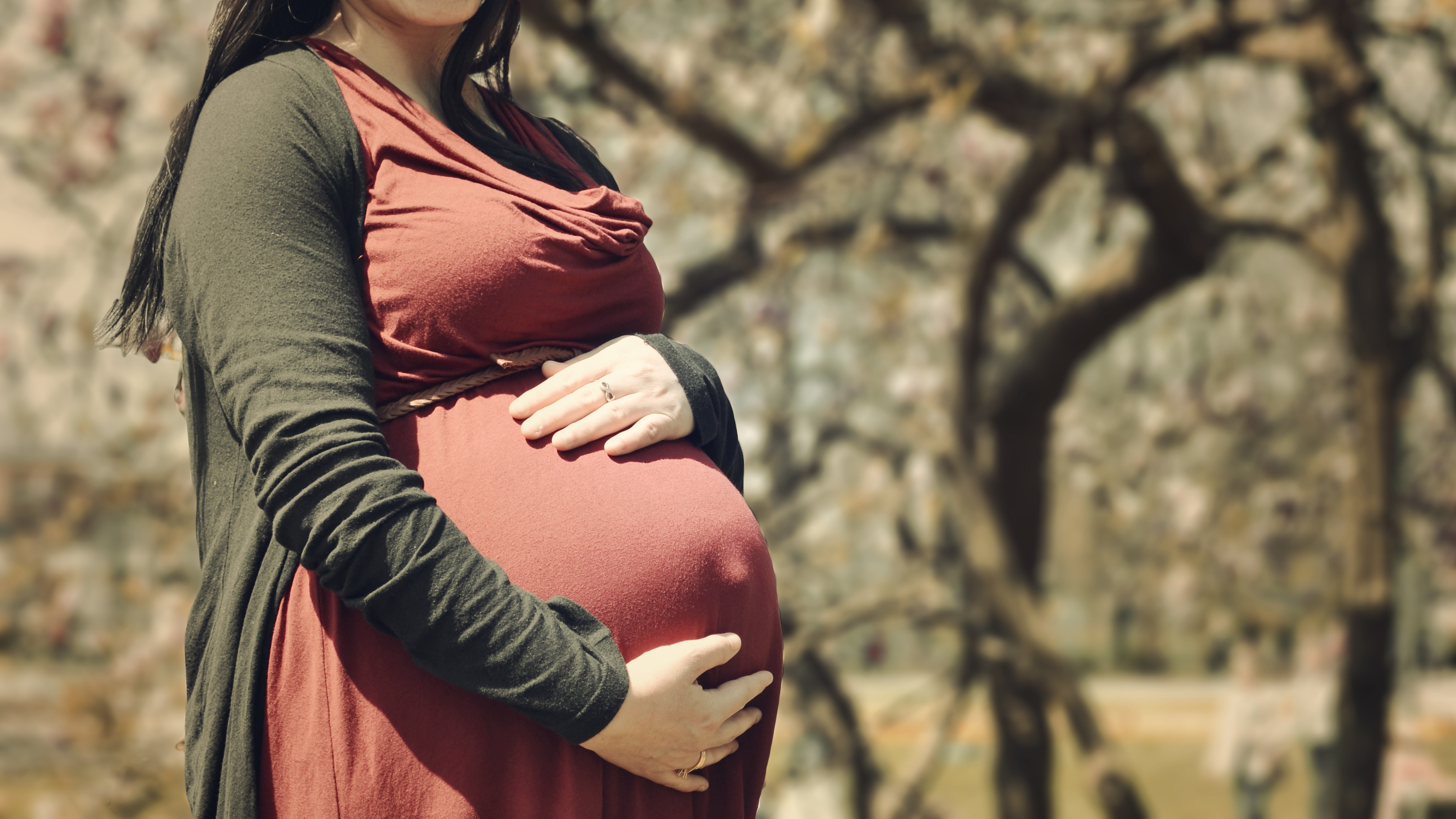If you are thinking about Surrogacy in the Toowoomba, Warwick or Kingaroy region, please contact our Family Law team on 4638 1133
Surrogacy arrangements can seem difficult and complicated for all involved, but they don’t need to be. We understand the difficulties that people face on all sides of a surrogacy agreement, and we’re here to help.
Is Surrogacy in Australia legal?
Yes. All States and Territories have their own surrogacy legislation that allow for altruistic surrogacy; with commercial surrogacy (you paying another party or providing benefits to another in return for a surrogacy agreement) being a criminal offence.
In Queensland, the intended parents can reimburse the birth parents for any legal or medical expenses.
Finding a local birth parent vs an overseas birth parent
It is a common belief in Australia that you’ll need to find a birth parent overseas. However, it is possible to have a local birth parent for your child(ren).
When a child is born in Queensland
The law presumes that the birth mother (being the woman who gave birth to the child) and her spouse are the child’s parents. The birth parents’ names will be written on the child’s birth certificate, and have all the usual parental responsibilities for the child.
Should you enter into a surrogacy agreement, changing the name on the birth certificate is possible if the correct steps are followed.
To begin this process you need to be aware of the following:
- The Childrens’ Court can’t grant a parentage order unless there is a surrogacy agreement. To make a surrogacy agreement, both the birth parents and intended parents need to get counselling about the implications and the details of the arrangement.
- Both the intended and birth parents need to seek legal advice from separate lawyers. If you are located in the Toowoomba, Warwick or Dalby region, we can help you with that. Please speak with our Family Law team on 4638 1133.
- The agreement should be in writing so that everyone is aware of their responsibilities. A written agreement may also give you some recourse in case something goes wrong.
If all the legal steps are followed, when the time comes the intended parents can apply to the Childrens’ Court for an order that the names on the birth certificate be changed. This makes the child legally a child of the intended parents.
During conception and pregnancy
The birth mother can decide how the pregnancy will occur and what genetic material is used. A birth mother has the same rights to manage her pregnancy as any other pregnant woman, no matter what the surrogacy agreement says.
After the birth
The birth parents register the baby’s birth in the normal way, with the Registry of Births, Deaths and Marriages. Both the birth parents and intended parents then need to see an independent counsellor to obtain a Surrogacy Guidance Report. This needs to be someone who is not connected to the medical practitioner who carried out the pregnancy procedure, and who they have not seen before.
Applying for a parentage order
After all the above steps have been done, and the new baby has lived with the intended parents for 28 days, they can apply to the Court to transfer the parentage. After the Court grants the parentage order, the intended parents are the child’s parents.
The laws and processes involved in each of these steps are complex and subject to many requirements that must satisfy the Family Court of Australia. So if you’re considering a local surrogacy arrangement, please contact one of our Family Law team members on 4638 1133.
If you’re considering an overseas surrogacy arrangement
Many countries overseas do not have the same restrictions on commercial surrogacy arrangements as Australia. However, you should seek legal advice before attempting an overseas surrogacy arrangement, as these arrangements can give rise to unexpected problems or have unintended consequences. For example, the child may not have a right to Australian citizenship, or an order to transfer their parentage may not be approved.
The case of Bernieres and Anor & Dophal and Anor (2017) FamCAFC 180 is an example of this. Mr and Mrs Bernieres entered into an overseas agreement whereby Mr Bernieres provided a sperm sample to an anonymous donor for fertilization and gestation. Months after the child was born, the couple fought to have the parental rights of the child transferred into their names. However, the Family Court would not transfer the parentage to Mr and Mrs Bernieres.
Overseas surrogacy arrangements are complex as they can involve complicated interactions of the laws of different countries. If you are considering an overseas agreement, you should speak to a Family Law specialist before taking any further steps.
Bringing a child into the world is a joyous occasion. If you are seeking to do this via surrogate in the Toowoomba or Darling Downs region, we’d be honoured to support you through this process. Please contact our Family Law team on 4638 1133 to discuss making a surrogacy agreement.
About the author:

